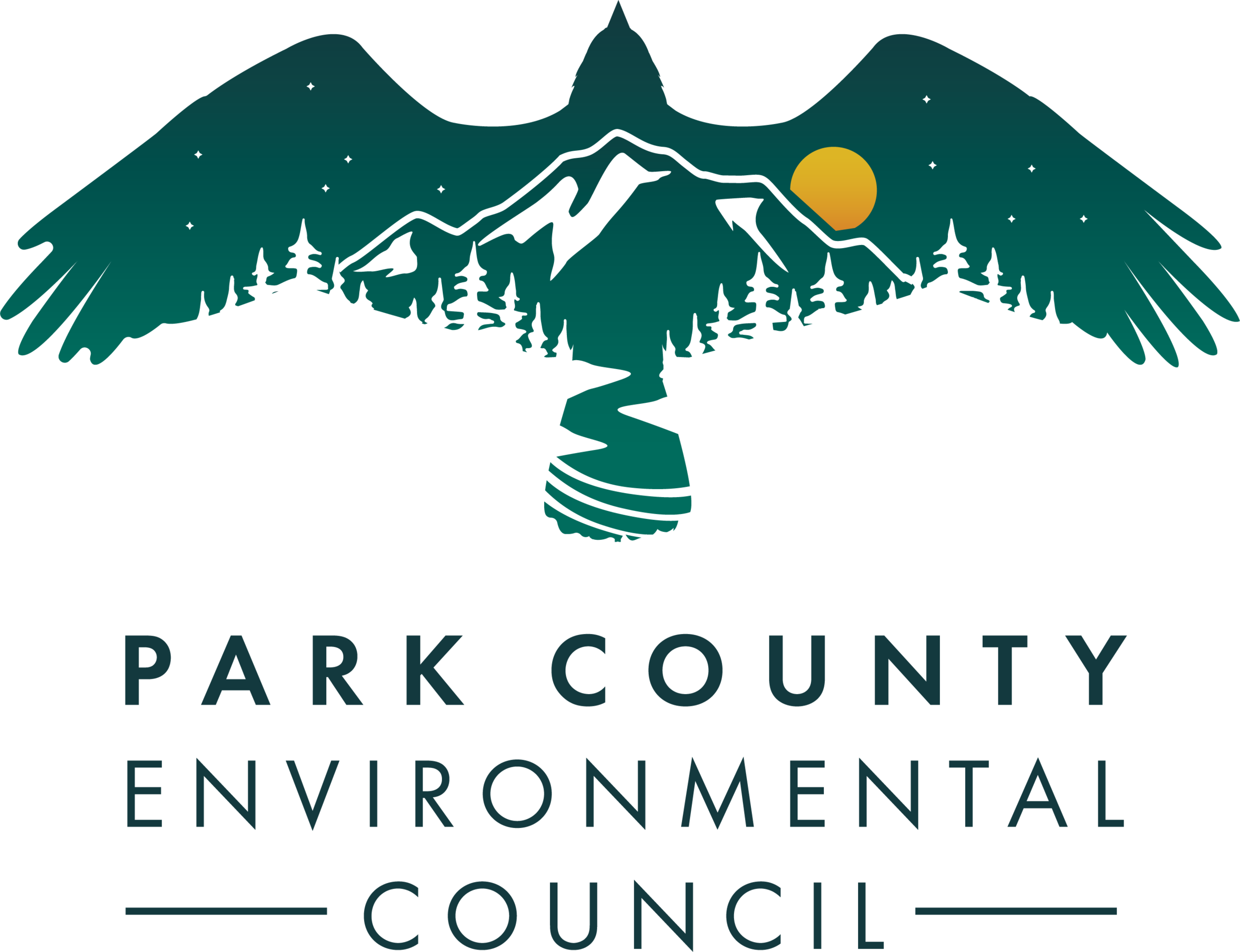Victory! Montana Supreme Court sides with PCEC, voids Lucky Minerals permit
The Montana Supreme Court unanimously ruled Tuesday to void Lucky Mineral’s permit to establish an exploratory mine up Emigrant Gulch.
This ruling upheld the District Court's earlier decision to void the permit and send the Montana Department of Environmental Quality back to the drawing board.
The court’s 47-page opinion found that DEQ needs to conduct more analysis of the impacts of road improvements on wildlife and require mitigation plans for water pollution caused by the drilling.
“Never underestimate the power of a community united to preserve its values to move mountains—and to protect them,” said Michelle Uberuaga, Executive Director of PCEC. “The tireless efforts of those in the direct sight line of this ill-conceived mining project have protected not only our own backyard, but also the ability of communities across Montana to protect the values important to them.”
The far-reaching ruling also found a 2011 amendment to the Montana Environmental Policy Act to be unconstitutional. That amendment allowed permits to be valid, even if a court found that an agency’s approval of the project was unlawful, while DEQ continued analysis.
“As a result of the Court’s decision, Yellowstone and its surrounding spaces will remain protected against the threat of mining,” said Jenny Harbine, the attorney at Earthjustice, who represented PCEC and the Greater Yellowstone Coalition. “The Supreme Court’s further rejection of a state law that would have allowed polluting projects to proceed even if they were declared illegal is an important vindication of Montanans’ constitutional right to a clean environment.”
The Supreme Court’s ruling reiterated the stakes of DEQ’s failure to conduct a thorough analysis and admonished the agency for its failure.
“This information gap occurred within the Greater Yellowstone Ecosystem and the Yellowstone River watershed, in an area that is a mere 15 miles from the national park, home to important habitat for wildlife including grizzly bears and wolverines, and host to one of the most popular year-round recreation destinations in Montana and a tourism-dependent human economy. The need for fully informed and considered decision making could hardly be more pressing,” the ruling said.
This exploratory permit only applied to private lands where Lucky Minerals had obtained mining rights. The public lands surrounding the proposed mine are already protected from mining.
In March 2019, the Yellowstone Gateway Protection Act was signed into law, permanently protecting more than 30,000 acres of land in the Custer Gallatin National Forest, including an area surrounding Lucky Minerals’ land up Emigrant Gulch, from mining. This bill was supported by Montana’s entire Congressional delegation and the Yellowstone Gateway Business Coalition, a group of more than 400 businesses that believe this place is too special to mine.
“In a year that has been a struggle for almost everyone in Montana, yesterday's decision was probably the brightest spot,” said Colin Davis, owner of Chico Hot Springs and founding member of the Yellowstone Gateway Business Coalition. “Protecting our way of life and preserving Paradise Valley for future generations has been our sole goal. The decision by Montana’s Supreme Court helps ensure that! I am so thankful how this community came together and extra appreciative of the endless work PCEC and Jenny Harbine at Earthjustice have continued to put in.”
The lawsuit was initially filed against the Montana Department of Environmental Quality in August 2017, arguing that the agency did not conduct enough analysis of the project’s harms to wildlife, water quality and quality of life.
In May 2018, the District Court ruled that DEQ did not conduct enough analysis and remanded the agency to do more analysis. However, the court was unable to void the permit due to the 2011 MEPA amendments that ruled that work could continue while an agency did more analysis.
A year later, in April 2019, the District Court again found that the permit should be voided and the 2011 MEPA amendments were unconstitutional.
“Every step of the way, the court has sided with us,” Uberuaga said. “PCEC remains committed to defending our victory and keeping an eye on any new proposals going forward.”

